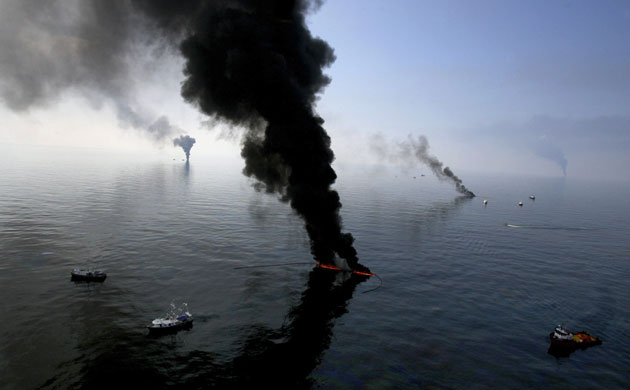
Ann Eisenberg discusses her forthcoming note discussing the new era of Moroccan family law, evaluating the impact of King Mohammed VI’s divisive Moudawana.

Caitlin Gunther discusses the proposed Colombia Free Trade Agreement and some issues that Congress must consider before ratifying the agreement.

Sarah Hack discusses the NFL lockout after the expiration of the NFLPA, and opines on the antitrust suit Brady v. NFL.
 Recent democratic protests in the Middle East have had the inconvenient effect of raising the price Americans pay at the pump. Gas prices across the country are near or at record levels. Predictably, this has prompted a flurry of speechmaking and proposals from both sides of the aisle.
Recent democratic protests in the Middle East have had the inconvenient effect of raising the price Americans pay at the pump. Gas prices across the country are near or at record levels. Predictably, this has prompted a flurry of speechmaking and proposals from both sides of the aisle.
In a speech last Wednesday, President Obama reiterated the general policy goals he has been touting since he was Obama-the-candidate: cut oil imports, increase domestic fuel production, and increase the use of alternative energy sources. While Obama’s general policy goals have remained constant, the BP oil spill has altered his specific policies regarding domestic fuel production.
Prior to the BP oil spill, the expansion of offshore drilling played a key part in Obama’s plan to increase domestic fuel production. The spill has set back expansion in two key ways. First, the administration has made it more difficult to obtain offshore drilling permits because oil companies must now comply with new safeguards and regulations. (There were of course safety rules in place before the disaster, but they were under-enforced.) Second, the administration issued a six-month moratorium on all new deep-water drilling projects. Facing pressure from the oil industry and federal courts, the administration prematurely lifted the moratorium last October. Two months later, once scientists and other experts had begun to fully understand the horrific nature of the BP oil spill, the administration issued a revised moratorium on new offshore drilling in the eastern Gulf of Mexico, the Bristol Bay, and along the Atlantic and Pacific Coasts. The administration has expressed intent to keep this moratorium in place through 2017.
Last Tuesday, Rep. Doc Hastings (R-Wash.) introduced three bills to expand offshore drilling. One bill, entitled “Reversing President Obama’s Offshore Moratorium Act,” would allow new drilling in those areas currently under moratorium. This bill raises three main issues.
Law and Blog meet.
Law and Blog meet online, of course. So as you might expect, they are coy and are not particularly forthcoming with the details of their courtship. But once together, their relationship builds quickly — they share snark, irreverence and a proclivity for communicating and organizing bite-sized pieces of life.
Time passes, and Law and Blog find that their pairing has filled a deep expressional void. Law can finally cast off its Bluebook shackles and emote the way it deserves. And Blog cherishes the credence, utility and stability that Law provides.
Then one day, Law and Blog become bLawg.
The same love ditty that begat one bLawg, begat many. Law professors in particular, but practitioners, law students and interested others flock to the medium. From Above the Law to Dorf on Law —bLawgs are the antidote to and evidence of what is a true malady. Some of us crave escape from the strictures of formal legal writing.
The incumbent board of the Cornell Journal of Law and Public Policy inherited a, well, a barely blog. It is a space carved out of the Internet terrain that has become our project to activate. “Kill it!” one of my law professors told me. And, no, we won’t yet, but a legal journal and a blog are not easy bedfellows.

